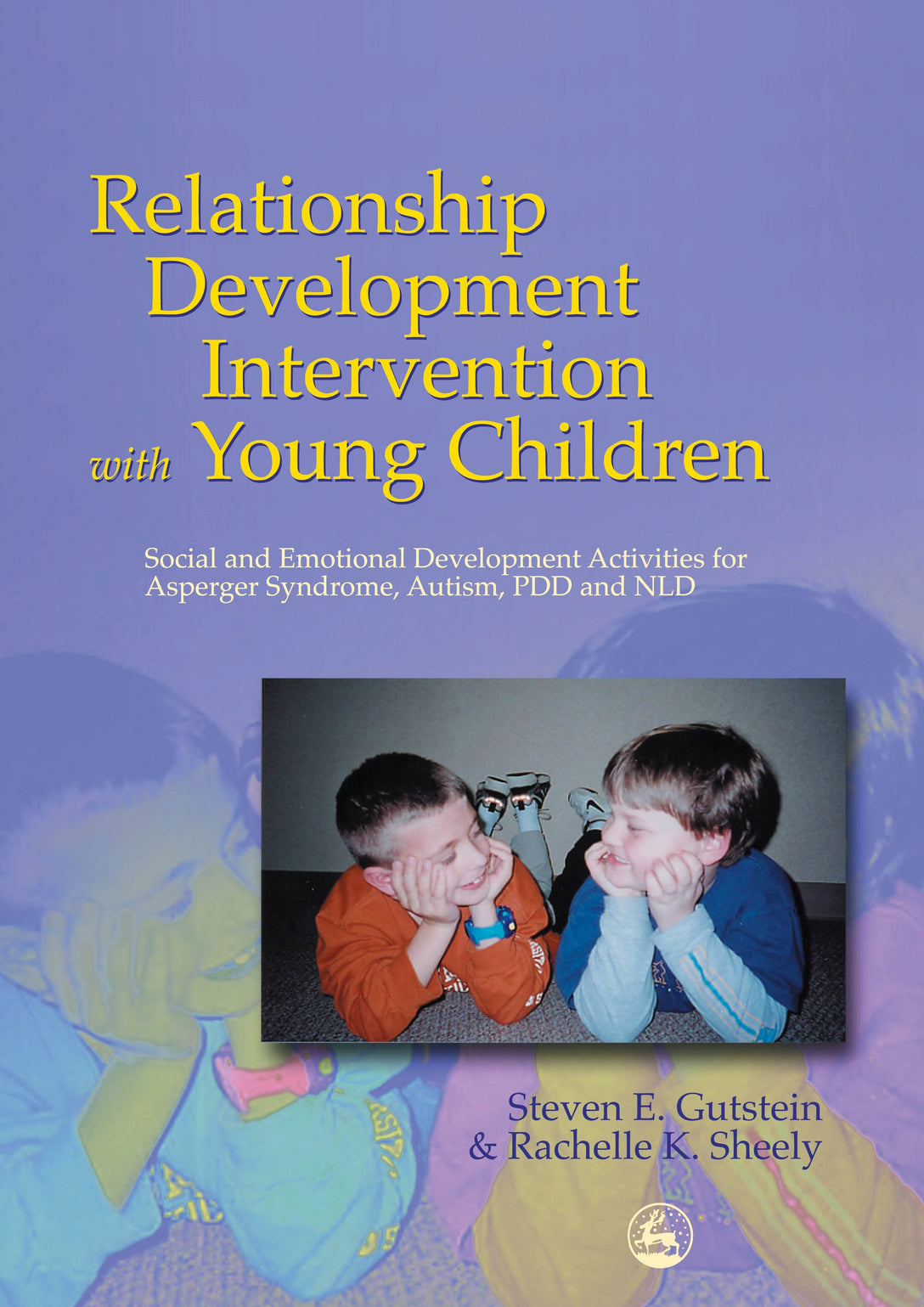
Press Reviews
AS Teens
The book is applicable for parents of those on the spectrum, children and adults on the spectrum, teachers, counsellors and anyone involved with, and wishing to help, those to whom social skills do not come naturally... The book is divided into sex levels from novice right through to partner. Each chapter has a similar format which makes it familiar and easy to use. After an initial summary and explanation about the purpose of the section, plus coaching tips, a series of worksheets and activities are provided with clear objectives and instructions. Creative coaches can adapt and extend many of the ideas. Each sheet has a simple objective e.g. In the novice stage, developing attentiveness to communication is a formative skill... Overall this is an extremely useful book with some stimulating and enjoyable exercises that could easily be used as the bases for a parent-let group. Many of the exercises could be carried out by motivated individuals with one or more willing partners. This is good value for money due to the quality and number of worksheets.
Peach
The book contains step by step well laid out activities to teach and encourage skills such as attending, social referencing, improvisation, co-creativity and collaborating, among many others. It is a very much a user friendly `manual' and will be great for planning play dates. The first book is aimed at ages 2 - 8
NAPOT
This Publication is much more than a book, it is a prescription of detailed objective-based interventions in developmental progression for children aged 2 to 8 to develop friendships, relationships and appropriate social behaviour. This manual is suitable for parental use and is an excellent frame of reference to adopt when working with children to acquire relationship skills. It discreetly covers attention, motivation, eye contact and management. This book is not the fix-it model for relationship difficulties, but I fail to see how even implementing one of the activities could not have a positive outcome for both child and therapist.
Bulletin
It provides a wealth of activities, following a developmental model, for therapists, teachers and parents. The authors suggest that children with autism do not develop friendships just by being among peers, but need strategies and activities to develop the foundations of social referencing, regulation of their own behaviour, and practice in becoming a social partner. The activities focus on teaching the child how to see others as real people, develop a curiosity for social interaction, become a team member, and adapt in social settings. Although some initial activities are a little unorthodox, they are fun and designed to provide the scaffolding needed to teach relationship skills.
